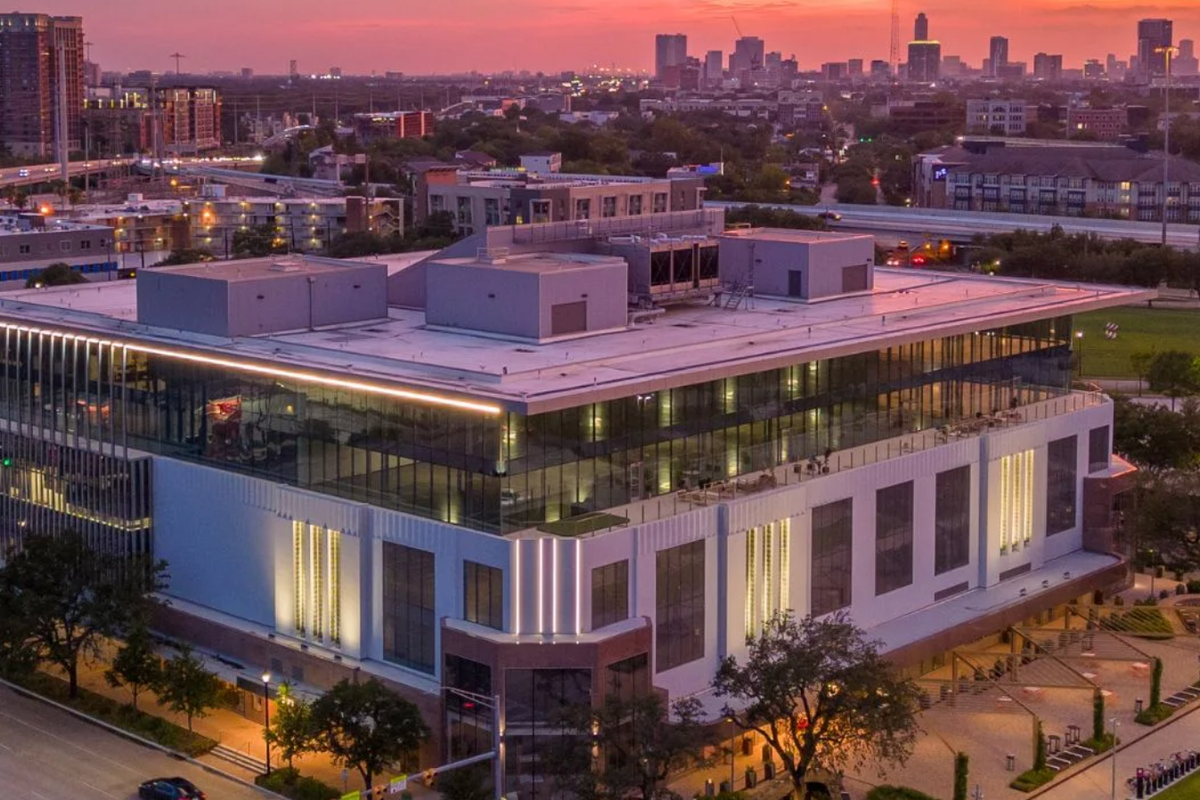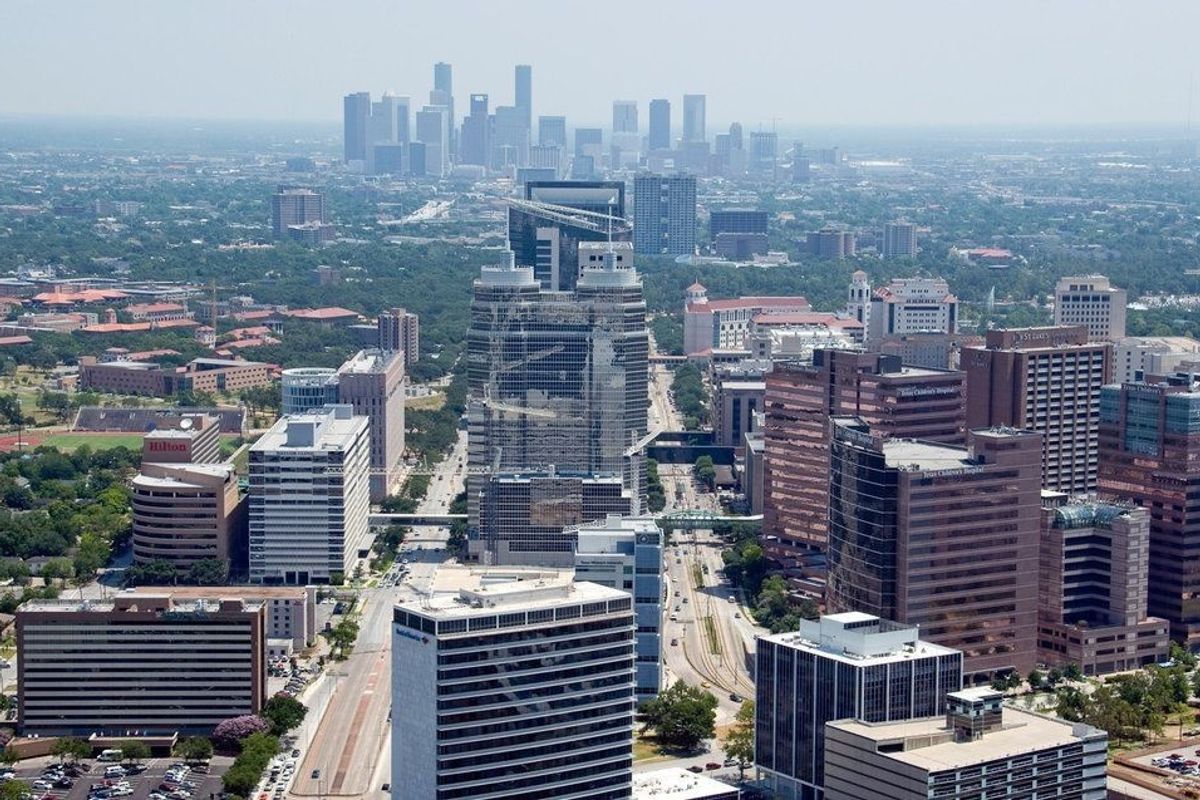10 Houston companies clock in with best corporate cultures, says Forbes
Where to Work
Two of Houston's biggest medical institutions – Houston Methodist and MD Anderson Cancer Center – have just landed top-50 spots on Forbes' new ranking of "America's Best Employers for Company Culture." The report highlighted eight more Houston-area companies for their inspiring company culture.
Forbes partnered with market research firm Statista to survey over 218,000 workers at companies with at least 1,000 employees throughout the U.S, and relied on data from the past three years of employee surveys (with an emphasis on the most recent data and recommendations from current employees). Companies don't pay to be included, Forbes additionally noted.
Among the final list of 600 U.S. companies, 30 Texas employers were praised for providing "a unifying company culture that inspires a sense of purpose and loyalty among employees."
Houston Methodist climbed into the No. 15 spot nationally and outranked all other Texas companies on the list, while MD Anderson ranked 47th nationwide. Both institutions have dominated U.S. News' annual rankings of the best Texas hospitals for over a decade, proving exactly how having a great company culture can also improve the service provided to patients.
 MD Anderson Cancer Center has been the No. 1 best cancer hospital in the U.S. for over a decade. Photo courtesy of KVUE
MD Anderson Cancer Center has been the No. 1 best cancer hospital in the U.S. for over a decade. Photo courtesy of KVUE
According to the report's research, employers with a successful company culture don't rely on "surface-level perks" such as free lunches, wellness apps, and flex days to inspire employee engagement. Instead, employers that focused on conflict resolution and coaching their managers saw a reduction in employee burnout and an increase in "perceptions of fairness and leadership care."
"In fact, the researchers noted that when 'senior leaders changed how they led — how they ran meetings, gave feedback, made decisions and responded to challenge — trust scores rose by an average of 26 percent,'" the report said.
The eight other Houston-area companies that earned national acclaim for their company culture are:
- No. 220 – Stewart Info Services
- No. 325 – BP
- No. 332 – Baylor College of Medicine
- No. 492 – Chevron Phillips Chemical, The Woodlands
- No. 525 – Insperity
- No. 558 – NRG Energy
- No. 586 – Waste Management
- No. 593 – LyondellBassell
Other Texas employers with great company culture:
Elsewhere in Texas, 15 North Texas companies and five Central Texas companies were included on Forbes' list of employers with the best company culture.
The three Austin-area companies that earned spots on the list include Austin Community College District (No. 56), Round Rock-based Dell Technologies (No. 207), and Keller Williams Realty (No. 352).
The two San Antonio-based companies that made the cut are beloved Texas grocery chain H-E-B (No. 445), and municipal electric utility company CPS Energy (No. 551).
The 15 Dallas-Fort Worth-based companies that made the list include:
- No. 58 – The Container Store, Coppell
- No. 73 – Lewisville Independent School District, Lewisville
- No. 117 – Southwest Airlines, Dallas
- No. 123 –Topgolf, Dallas
- No. 170 – McKesson, Irving
- No. 190 – Kimberly-Clark, Irving
- No. 245 – Jacobs Solutions,Dallas
- No. 312 – Brinker International, Coppell
- No. 350 – Texas Health Resources, Arlington
- No. 482 – Toyota North America, Plano
- No. 562 – Dallas Area Rapid Transit (DART), Dallas
- No. 567 – AT&T, Dallas
- No. 569 – Energy Transfer, Dallas
- No. 591 – American Airlines Group, Fort Worth
- No. 597 – Aimbridge Hospitality, Plano
This article originally appeared on CultureMap.com.





